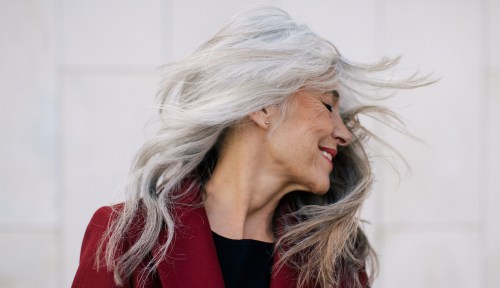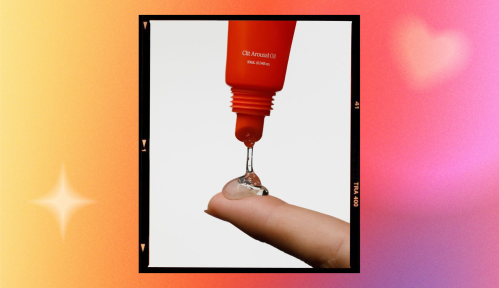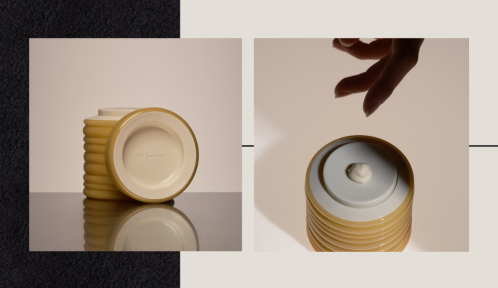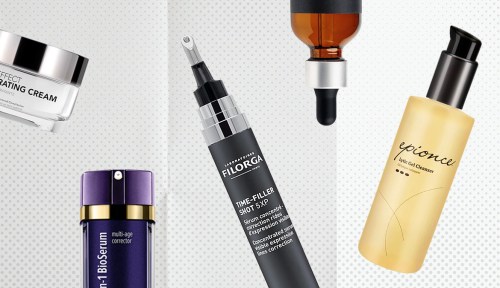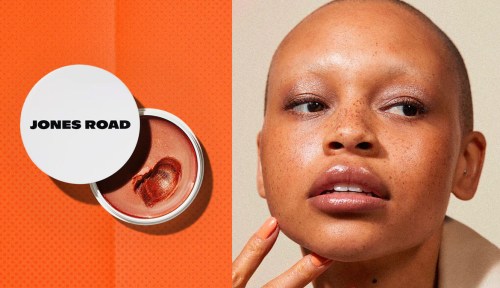Our editors independently select these products. Making a purchase through our links may earn Well+Good a commission
Hair health, just like skin health, declines as we get older. Over time, our scalps are exposed to environmental factors that cause oxidative stress, which causes visible signs of aging in our strands. So as we age, a mane that was once thick and shiny can become thin, dry, rough, dull, stiff, and brittle—and that’s not to mention the decrease in pigment that causes it to go gray.
We all know that there are certain actives you can add to your facial-care routine to combat signs of aging (like retinoids, peptides, and vitamin C), but according to stylists, the same goes for your hair. Keep reading for their recommendations.
To reduce dryness and breakage
As we age, our scalps produce less natural oils and our strands get thinner and weaker, which makes hair more prone to dryness and breakage. To keep strands properly moisturized, Jamie Mazzei, creative director at nuBest Salon and Spa in Manhasset, NY, recommends using lightweight hydrators that won’t weigh down thin textures. Board-certified dermatologist Naana Boakye, MD, and trichologist Kerry Yates namecheck glycerin, rosemary seed oil, jojoba, aloe vera, and panthenol (vitamin B5) as the best ingredients to look for in your products.
When it comes to shampoo, opt for sulfate-free formulas which contain milder cleansers that hair “desperately needs to prevent breakage, keep its shape and shine, and not look frizzy,” says Casey Simmons, owner of curly hair care brand Royal Locks Curl Care. She also recommends pH-balancing shampoos, since those with a higher (more alkaline) pH may increase friction between hair fibers, making hair more prone to damage. If you’ve got straight hair, look for sulfate-free shampoos with a pH level of 6 to 7, and if you’ve got curly hair, look for something with a pH of 4.5 to 5.5.
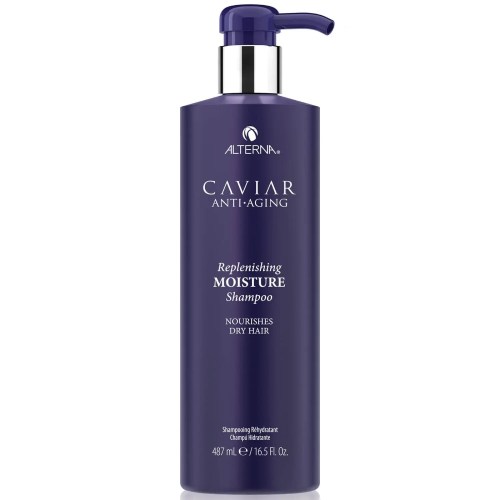
Alterna CAVIAR Anti-Aging Replenishing Moisture Shampoo — $54.00
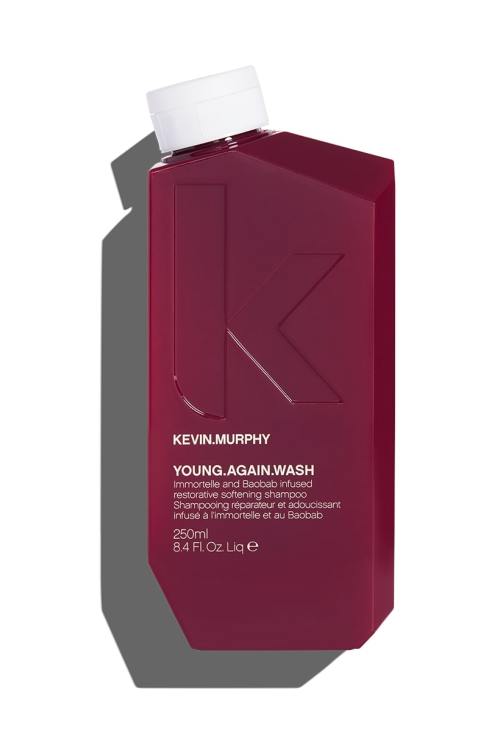
Kevin Murphy Young Again Wash — $41.00
On the conditioning front, Simmons recommends using formulas “with natural botanical oils, like argan and macadamia, to nourish the fragile gray strands.” She’s also a fan of panthenol, which, she says, “keeps hair supple and not as tangled.” In general, you’ll want to stay away from any formulas that are made with isopropyl alcohol, which is common in styling products and can be drying. “However, fatty alcohols, like Cetearyl alcohol, are great for conditioning and detangling,” says Mazzei. You’ll also want to avoid silicones, which are used in styling products including serums, sprays, and foams, and can “weigh the hair down and cause it to become brittle over time,” says Yates.
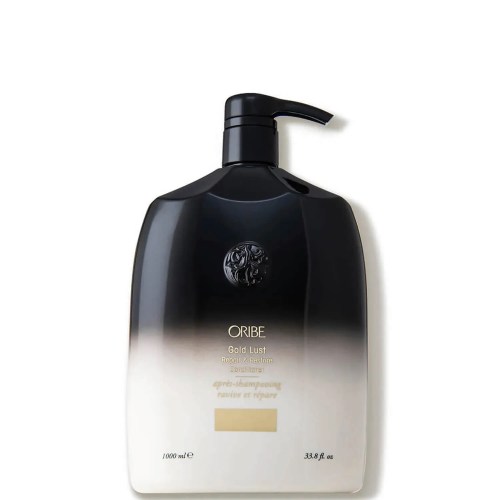
Oribe Gold Lust Repair Restore Conditioner — $182.00
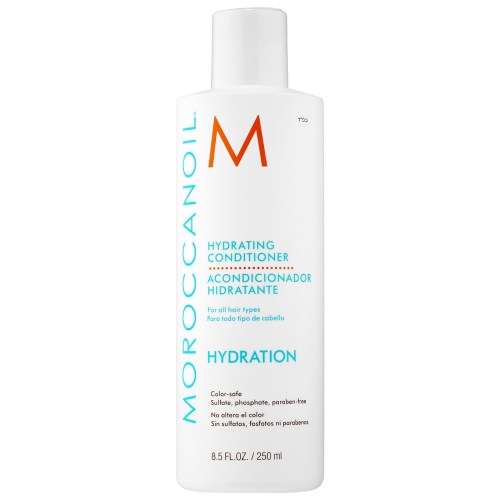
Moroccanoil Hydrating Conditioner — $26.00
To maintain pigment
Your hair also loses pigment over time, which is what causes it to go gray. “The pigment cells in our hair follicles gradually die as we get older and the strands of hair will no longer contain as much melanin, so will become a more transparent color, like gray, silver, or white, as they grow,” Gretchen Friese, certified trichologist for BosleyMD, previously told Well+Good.
According to Mazzei, sodium lauryl sulfate and sodium Laureth sulfate—which are popular in volumizing and clarifying shampoos—can strip your hair color, so you’ll want to stay far away from any formulas that include them. He adds that if you dye your grays, you should “always use a color depositing shampoo and conditioner to keep hair color looking fresh in between salon visits.” Look for basic dyes with names like Basic Brown 16 or Basic Red 46 on the list of ingredients to indicate a color-depositing product.
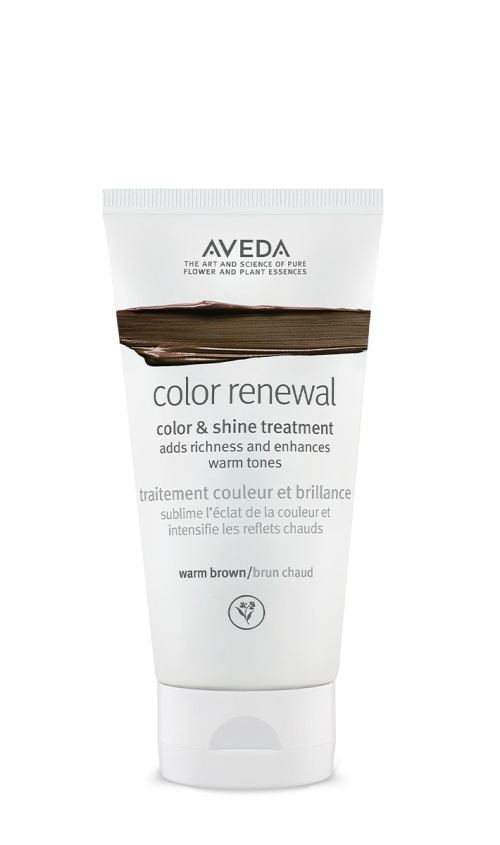
Aveda Color Renewal Color & Shine Treatment — $40.00
To combat thinning
Pattern hair loss, otherwise known as androgenetic alopecia, affects 50% of men and 25% of women by age 50. According to Dr. Boakye, applying pumpkin seed oil or topical minoxidil (which is available without a prescription) to the scalp can help.
Enrizza Factor, MD, a board-certified dermatologist and owner of Skin Therapy EPF clinic in Los Banos Laguna, Philippines, notes that certain nutrient deficiencies can also lead to thinning. She points to low levels of biotin, which can cause hair loss, and a lack of vitamin D, which can stunt new hair growth. Adding these ingredients into your routine via supplements can keep hair thick and strong.
Dr. Boakye also notes there’s evidence that saw palmetto extract can help prevent hair loss, adding that “some dermatologists also recommend Viviscal and Nutrafol for certain alopecias.” These supplements combine marine proteins with various vitamins, minerals, and plant extracts. Just note: you should always consult your physician about any vitamins and supplements you’re taking.
If you’re interested in medications to treat hair loss, your doctor may prescribe oral minoxidil or dutasteride. Oral spironolactone, which can be compounded for topical use, is also an option for women, says Dr. Boakye.
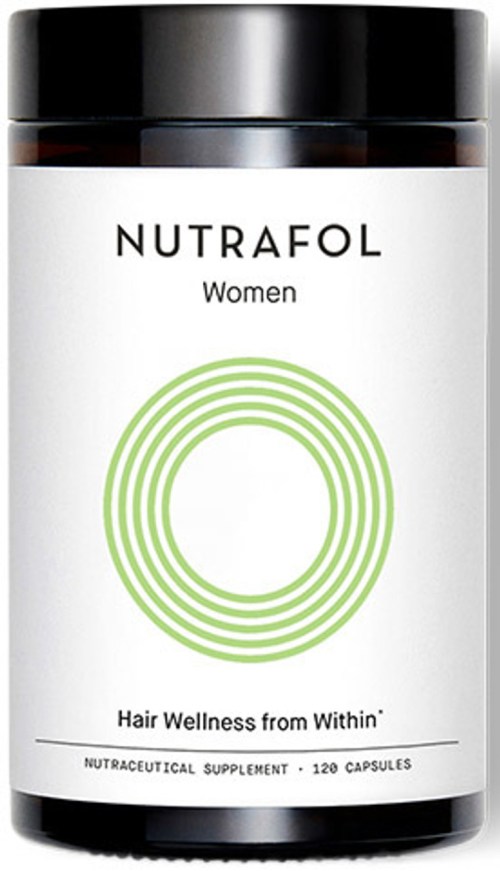
Nutrafol Hair Growth Nutriceutical — $88.00
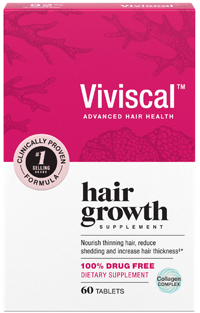
Viviscal Extra-Strength Dietary Supplements — $40.00
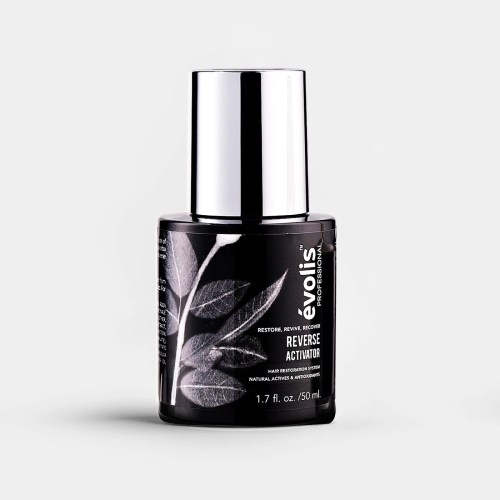
Evolis Reverse Activator — $49.00
Want to be the first to hear about the latest (and greatest) SHOP product drops, custom collections, discounts, and more? Sign up to have the intel delivered straight to your inbox.
Sign up for the Well+Good SHOP Newsletter
Get exclusive deals on wellness, beauty, fitness, and food products that have been hand-picked by our editors.
Got it, you've been added to our email list.
